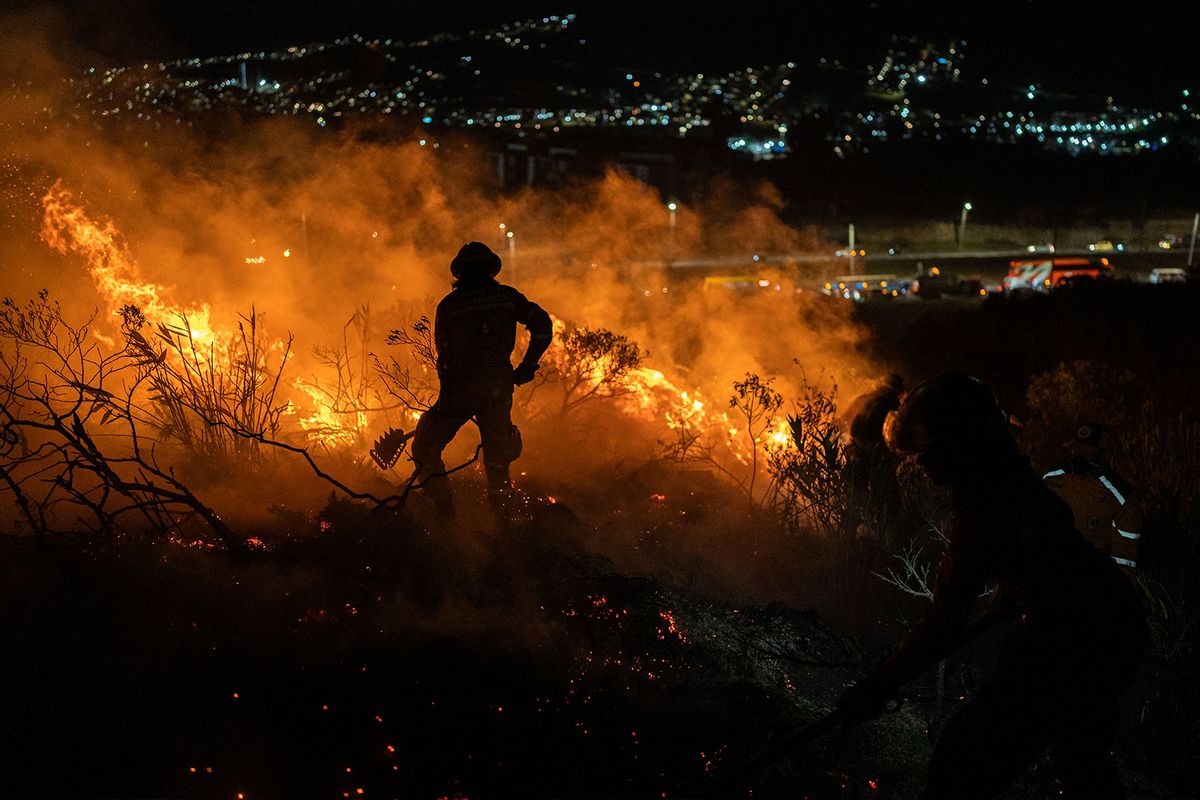Colombian President Gustavo Petro declared a national emergency last week, and has appealed for international aid, as more than 340 forest fires have destroyed over 42,000 acres across the South American nation since November. In the capital of Bogotá, some 40 parks and hiking trails have also been closed since Sunday due to heavy smoke, according to recent reporting in the area, with the Colombian Red Cross assisting some residents in the area already affected by the air pollution. Local news outlets reported fires have broken out between the Samacá and Cucaita principalities, citing Samacá fire department authorities, who say high temperatures and strong winds have caused rapid spreading of the fires. The Colombian army has deployed more than 600 soldiers to aid in the emergency, along with aircraft and vehicles.
“To the extent that we know that in the coming days and weeks crisis events are going to increase, we want to make sure that we have the physical capacity to address and mitigate them,” Petro said while calling for aid from the United Nations and European Union on Thursday, according to reports from the Associated Press.
Authorities are currently investigating whether arson may have been the cause of some of the fires, as reported by Al Jazeera, as police have arrested at least 26 people so far for "fire-related offenses." But Environment Minister Susana Muhamad said Friday that 26 fires were still burning despite widespread efforts to stem the spread — a total that has since risen to 31, with only nine of the fires under control. Prolonged drought, record temperatures and weather pattern disruptions based on El Niño have all spurred the fires. Ghisliane Echeverry, director of the Institute of Hydrology, Meteorology and Environmental Studies in Colombia, said January may become the hottest in 30 years for the country. Echeverry reportedly warned that February may bring even higher temperatures in the country, and that only in March would the rainy-season onset help "mitigate" some consequences of the extreme heat.



Shares